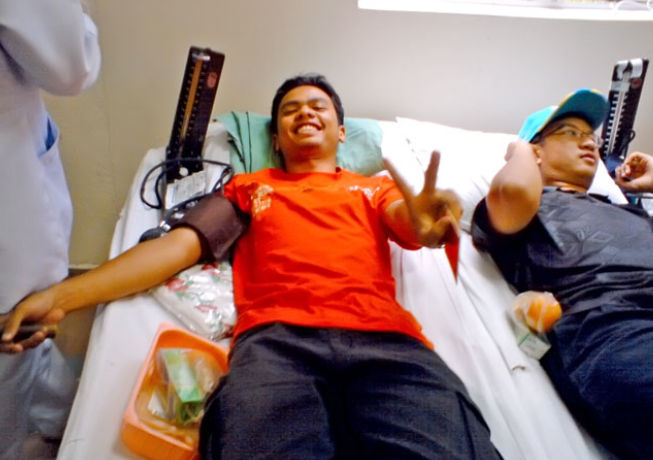Research Themes
Our laboratory studies various "mind-body" interactions, focusing on connections between psychological variables and cardiovascular activity. Behaviour and cardiovascular activity are tightly linked, due in part to the fact that the primary function of the cardiovascular system is to deliver oxygen and other nutrients to the brain, muscles, and other organs under different environmental conditions. Usually, this works well though sometimes psychological variables contribute to risk for cardiovascular problems such as high blood pressure, coronary heart disease, and vasovagal syncope. Our research examines mechanisms of psychological influences on risk for cardiovascular disease, and psychological interventions that might address these influences and improve cardiovascular health.

Risk for Hypertension and Heart Disease
We are very interested in the effects of variables such as early life stress and depression on indicators of current cardiovascular health and risk for heart disease such as endothelial function, pulse wave velocity, and blood pressure dipping (see Publications for examples). Often, an interactive and longitudinal perspective is employed. For example, we have examined the moderating effects of family history of hypertension across time.
Interventions for Hypertension and Heart Disease
Although we have done less research on interventions for hypertension and heart disease than vasovagal syncope, there is longstanding interest in this topic exemplified by publications on the effects of mindfulness meditation and biofeedback. Future research on the impact of yoga on stress-related illness is planned.

Risk for Vasovagal Reactions and Syncope
Simply put, a vasovagal reaction is a stress-related decrease in blood pressure that can lead to dizziness and possibly fainting. We are very interested in vasovagal reactions for both clinical and theoretical reasons. There are a number of clinical implications of vasovagal reactions such as discouraging people from medical procedures such as blood donation. The vasovagal response is also fascinating from a theoretical perspective. While clearly stress-related, it is very different from the classic "fight-flight" response and indicates patterning in the generic stress response.
Interventions for Vasovagal Reactions and Syncope
We have examined the effects of several interventions, especially repeated isometric muscle tension (Applied Tension), on different aspects of vasovagal reactions (e.g., symptoms of dizziness, need for medical intervention, blood donor return). Current interests include interventions to reduce hyperventilation that may produce hypocapnia and cerebral vasoconstriction that lead to symptoms.
Cardiovascular Psychophysiology
As the previous comments suggest, we are very interested in individual differences in response to stress, specific response patterns produced by different stressors, and their implications for risk for different cardiovascular disorders. Some research of our research is conducted in medical settings such as blood clinics though much is done in the laboratory using non-invasive measurement techniques such as impedance cardiography and assessment of heart rate variability during different tasks. Bi-directional relationships between psychological and physiological activity are examined such as inhibitory influences of blood pressure elevation on pain and neuropsychological function.